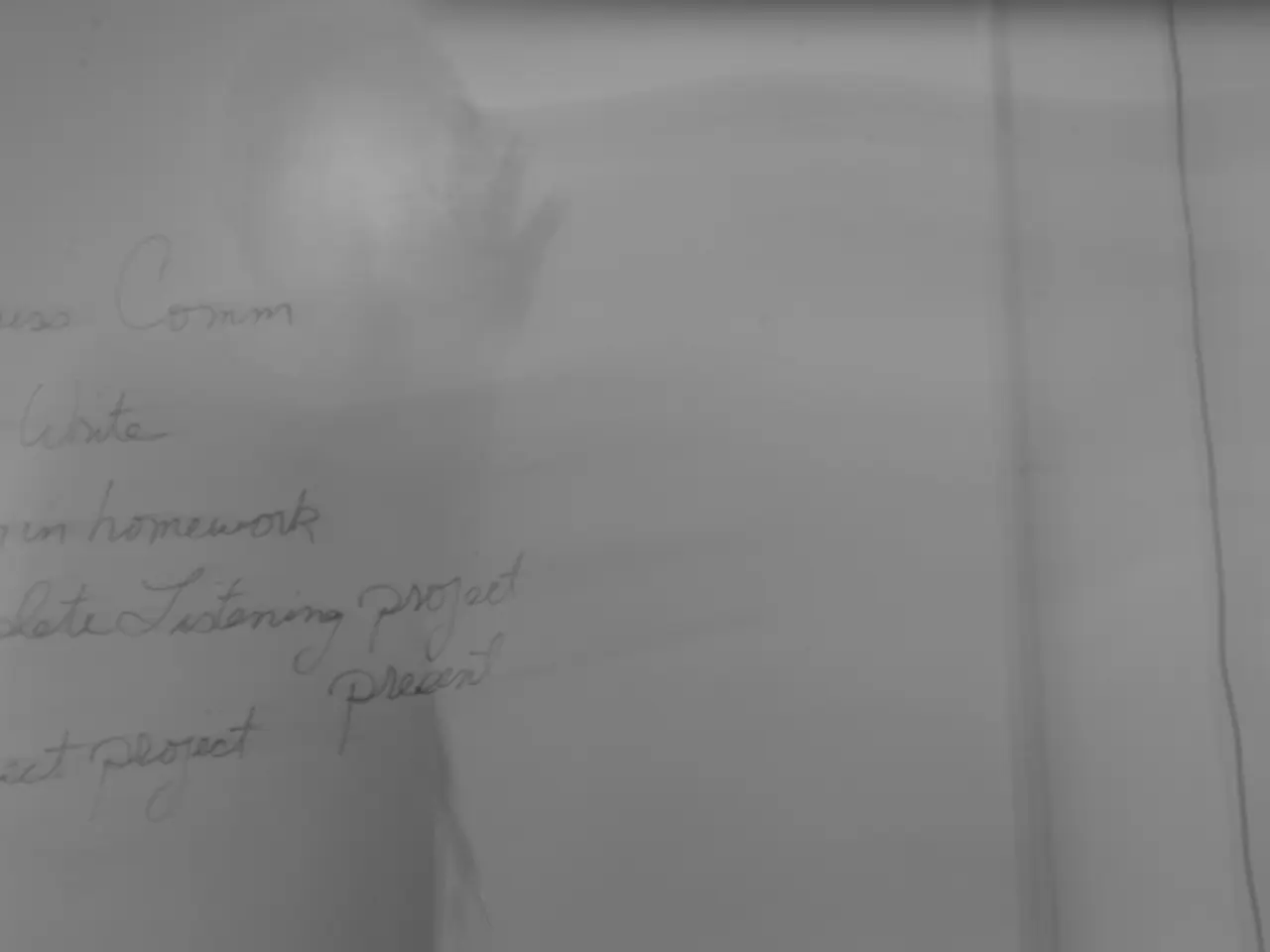"Chris Wood of Jefferies advocates for collective action among nations subjected to American tariffs"
The global trade landscape in 2025 was marked by a significant shift, as countries collectively responded to tariffs imposed by the United States administration. This response involved widespread reciprocal tariff impositions and strategic trade adjustments, leading to economic and legal implications.
Economic Impact
The tariffs, initially set at a 10 per cent baseline and later extended to rates around 15-20 per cent, affected all products with various exceptions. According to various reports, these measures raised overall consumer prices in the US by approximately 1.8% to 2.0% in the short term. This translates to losses of around $2,100 to $2,700 per household annually due to higher prices on goods like clothing, textiles, and copper.
These price increases disproportionately burdened lower-income households, with losses estimated at roughly $1,300 to $1,400 annually pre-substitution. The disruptions also spurred supply chain shifts, such as rerouting copper and other commodities to avoid impending tariffs, highlighting companies’ struggles with uncertainty and stockpile management.
Legal Questions
The US tariffs and the reciprocal measures raised complex questions grounded in international trade law. The US President invoked authorities including the International Emergency Economic Powers Act (IEEPA), the National Emergencies Act, and section 301 of the Trade Act of 1974 to justify tariffs as responses to large and persistent trade deficits, citing national security and economic threats.
However, these actions tested the boundaries of WTO rules and other trade agreements, especially since tariffs were imposed broadly on goods without clear differentiation by country, raising questions about legitimacy under WTO non-discrimination principles and dispute resolution. The use of national emergency powers to impose tariffs also attracted scrutiny regarding whether economic considerations alone suffice to invoke such exceptional measures.
Foreign retaliation tariffs also raised questions about proportionality and the potential for escalating trade conflicts, complicating multilateral negotiations and global trade stability.
Exemptions and Negotiations
Several nations, including the UK, Indonesia, Japan, and the EU, negotiated lower tariff rates than initially threatened. Exemptions were granted to certain companies, including TSMC, Samsung Electronics, and SK Hynix, due to their investment commitments in the United States.
However, the imposition of 50% tariffs on goods from India and Brazil, alongside a 100% tariff on imported semiconductor chips, was referred to as "xenophobic autarky" by investment strategist Christopher Wood.
In his second term, President Trump reiterated his stance on tariff reciprocity, emphasizing that the United States would match tariffs imposed by other countries, including India. The Trump administration deferred imposing additional tariffs on several countries till August 1, but no further extension beyond August 1 was indicated.
The collective international response to US tariffs in 2025 involves reciprocal tariff regimes with significant economic costs and complex legal challenges related to international trade compliance and the invocation of national security exceptions. The evolving situation requires close observation of policy adjustments, WTO dispute outcomes, and potential shifts in multilateral trade frameworks.
The tariff measures and their reciprocal responses have sparked debate about the future of the international trading system, with some arguing that America has now gone rogue as regards the system, which has its origins in the GATT established in 1947.
- The widespread reciprocal tariff impositions and strategic trade adjustments imposed in response to the United States' tariffs in 2025 have led to economic and legal implications, prompting debates among economists, lawyers, and policymakers about the future of the international trading system.
- The legal questions surrounding the US tariffs and the reciprocal measures involve complex issues grounded in international trade law, such as the legitimacy of tariffs under WTO non-discrimination principles and dispute resolution, and the use of national emergency powers to impose such tariffs.
- In the world of business and politics, the tariffs have been a subject of strong opinions, with some analysts labeling the imposition of high tariffs on goods from certain countries as examples of "xenophobic autarky." The collective international response to these tariffs, involving reciprocal tariff regimes and strategic trade adjustments, continues to evolve and will require close observation of policy adjustments, WTO dispute outcomes, and potential shifts in multilateral trade frameworks.







